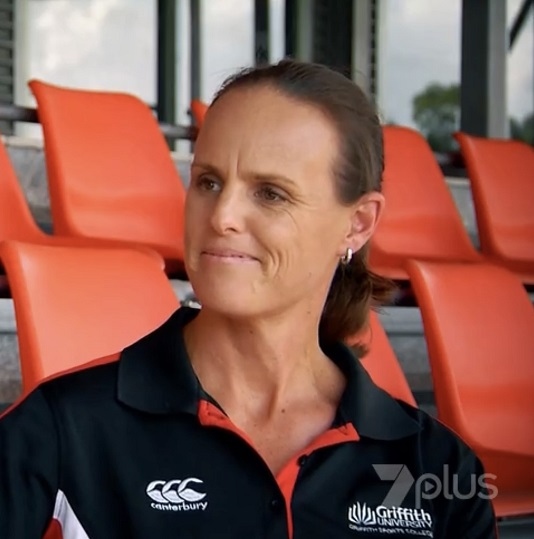Considerations for the female athlete

ICF Performance Education: Free online series
Wednesday 2 September 2020
10:00am GMT (12:00 CEST, midday for Central Europe). Time zone converter.
Clare Minahan PhD (AUS) | |
 | Biography Clare Minahan is an Associate Professor at Griffith University, Queensland Australia, and has led the Griffith Sports Science group since 2002. Clare’s interests are in the advancement of human performance and a key focus of her research is the unique determinants of performance in the female athlete. Clare is a Level 2 Sports Scientist (Exercise and Sports Science Australia; ESSA) and a Level 2 Strength and Conditioning Coach (Australian Strength and Conditioning Association). Clare is currently the primary supervisor of ten post-graduate students embedded in elite-sport environments (Queensland Academy of Sport, National Rugby League, Swimming Australia, Gold Coast Suns, Gold Coast Titans) which provides Clare with an avenue for vigorous academic research and applied sports-science exchange. |
Session information This presentation explores female-specific physiology relevant for the female athletes and in particular examines the potential effects of the menstrual cycle and hormonal contraception on performance, injury, and illness. It is remarkable that the (mis)use of testosterone attracts vast attention, whereas knowing the effects of female sex hormones (both natural and synthetic) is considered less important. There are at least six distinctive hormonal profiles that may occur at key points during the lifecycle of a female athlete. Furthermore, up to 80% of female athletes have used one or more available hormonal contraceptive formulations (>35) for the purpose of birth control, cycle manipulation, and to control menstrual symptoms. Despite the intimate relationship female athletes have with fluctuating hormones, their knowledge surrounding the menstrual cycle and hormonal contraceptive is poor. Before athletes can make decisions about whether or not to use hormonal contraception, or how to integrate their training and performances with their menstrual cycle, it is imperative that they are provided with basic knowledge about what is a ‘normal’ menstrual cycle and the contraceptive options. Providing information about the barriers to effective conversations and knowledge sharing among athletes, GP’s, coaches and SSSM support staff should also be explored. A lack of knowledge regarding the menstrual cycle and hormonal contraception may result in premature decisions being made about training and recovery interventions in elite female athletes. | |
